The British Chancellor Sajid Javid has confirmed that farmers will receive the same amount of cash from direct payments in 2020 as they did in 2019.
It is generally recognised as being a good outcome for farmers, partly because it removes the annual uncertainty around the conversion rate used to convert entitlement values from euro to sterling. With 2020 payments the same in sterling terms as in 2019, effectively all EU direct payments have been converted at a rate of €1 = 89p (the average since direct payments were introduced in 2005 is €1 = 81p).
The funding is spread across two financial years (presumably to facilitate late payments of inspection cases, etc), with a total of £294m going to NI farmers, £473m to Scotland, £243m to Wales and £1.84bn to farmers in England.
The most immediate change will probably be to convert entitlement values from euro to sterling to allow trading to be done this spring
While the funding is only for the 2020 scheme year, there is an on-going commitment from the UK government that they “will guarantee the current annual budget to farmers in every year of the Parliament”. With the five-year fixed term Parliament act, that takes us to the end of 2024.
In the meantime, it is likely that a new system will be gradually introduced, with government ministers keen to move towards environmental-type payments (public money for public goods).
In NI, while there will probably be pressure to follow the lead from England, agriculture policy is devolved, so it will be for DAERA and a future DAERA minister to put new schemes in place. However, any changes will be gradual, and the system might not change much in the next two years.
The most immediate change will probably be to convert entitlement values from euro to sterling to allow trading to be done this spring.
NI is also the only part of the UK to make 70% advance payments from 16 October. There might be the potential to make full payments in October 2020, although the statement from the UK Treasury only confirms that the funding “will be available from late 2020”.
Welcome
The announcement on direct payments has been welcomed by UFU president Ivor Ferguson as giving “some much needed certainty”.
However, he said that the union is seeking clarity on some of the specifics, and would be pressing for a longer-term funding guarantee. He also said that it is essential that NI’s share of UK funding is maintained into the future.
That is not certain, with the UK government stating back in September that it would be engaging with devolved administrations about the basis on which future allocations should be made.
The funding package announced this week is in addition to over £200m of funding awarded last autumn to farmers in Scotland and Wales.
That is mostly “convergence money”, worth €223m and allocated to the UK over the last CAP period (2014 to 2020) because it had an average payment per hectare below 90% of the EU average.
However, while this extra money was spread across all UK regions, Scottish farmers argued that the extra funds only came to the UK because of Scotland’s low average payment per hectare. In September, Sajid Javid allocated £160m to Scotland to make up for this historic shortfall.
In addition, a report into funding allocations across the UK regions by Lord Bew recommended that further convergence money in 2020 and 2021 is split according to the proportion of land that receives less than 90% of the EU average. The upshot of that is that Scotland will receive an additional £51.4m over the next two years, and Wales an additional £5.2m.
RDP money spent
by 2023
The statement from the UK Treasury also guarantees that measures under CAP Pillar 2 (The Rural Development Programme (RDP) 2014 to 2020) will continue until the current EU funding is used up, or 2023, whichever is earliest. In NI, the RDP includes the likes of the Environmental Farming scheme.
Read more
Scottish farmers get £211m windfall
DUP and Sinn Féin at odds on BPS
What was value of BPS entitlements in 2019?
The British Chancellor Sajid Javid has confirmed that farmers will receive the same amount of cash from direct payments in 2020 as they did in 2019.
It is generally recognised as being a good outcome for farmers, partly because it removes the annual uncertainty around the conversion rate used to convert entitlement values from euro to sterling. With 2020 payments the same in sterling terms as in 2019, effectively all EU direct payments have been converted at a rate of €1 = 89p (the average since direct payments were introduced in 2005 is €1 = 81p).
The funding is spread across two financial years (presumably to facilitate late payments of inspection cases, etc), with a total of £294m going to NI farmers, £473m to Scotland, £243m to Wales and £1.84bn to farmers in England.
The most immediate change will probably be to convert entitlement values from euro to sterling to allow trading to be done this spring
While the funding is only for the 2020 scheme year, there is an on-going commitment from the UK government that they “will guarantee the current annual budget to farmers in every year of the Parliament”. With the five-year fixed term Parliament act, that takes us to the end of 2024.
In the meantime, it is likely that a new system will be gradually introduced, with government ministers keen to move towards environmental-type payments (public money for public goods).
In NI, while there will probably be pressure to follow the lead from England, agriculture policy is devolved, so it will be for DAERA and a future DAERA minister to put new schemes in place. However, any changes will be gradual, and the system might not change much in the next two years.
The most immediate change will probably be to convert entitlement values from euro to sterling to allow trading to be done this spring.
NI is also the only part of the UK to make 70% advance payments from 16 October. There might be the potential to make full payments in October 2020, although the statement from the UK Treasury only confirms that the funding “will be available from late 2020”.
Welcome
The announcement on direct payments has been welcomed by UFU president Ivor Ferguson as giving “some much needed certainty”.
However, he said that the union is seeking clarity on some of the specifics, and would be pressing for a longer-term funding guarantee. He also said that it is essential that NI’s share of UK funding is maintained into the future.
That is not certain, with the UK government stating back in September that it would be engaging with devolved administrations about the basis on which future allocations should be made.
The funding package announced this week is in addition to over £200m of funding awarded last autumn to farmers in Scotland and Wales.
That is mostly “convergence money”, worth €223m and allocated to the UK over the last CAP period (2014 to 2020) because it had an average payment per hectare below 90% of the EU average.
However, while this extra money was spread across all UK regions, Scottish farmers argued that the extra funds only came to the UK because of Scotland’s low average payment per hectare. In September, Sajid Javid allocated £160m to Scotland to make up for this historic shortfall.
In addition, a report into funding allocations across the UK regions by Lord Bew recommended that further convergence money in 2020 and 2021 is split according to the proportion of land that receives less than 90% of the EU average. The upshot of that is that Scotland will receive an additional £51.4m over the next two years, and Wales an additional £5.2m.
RDP money spent
by 2023
The statement from the UK Treasury also guarantees that measures under CAP Pillar 2 (The Rural Development Programme (RDP) 2014 to 2020) will continue until the current EU funding is used up, or 2023, whichever is earliest. In NI, the RDP includes the likes of the Environmental Farming scheme.
Read more
Scottish farmers get £211m windfall
DUP and Sinn Féin at odds on BPS
What was value of BPS entitlements in 2019?




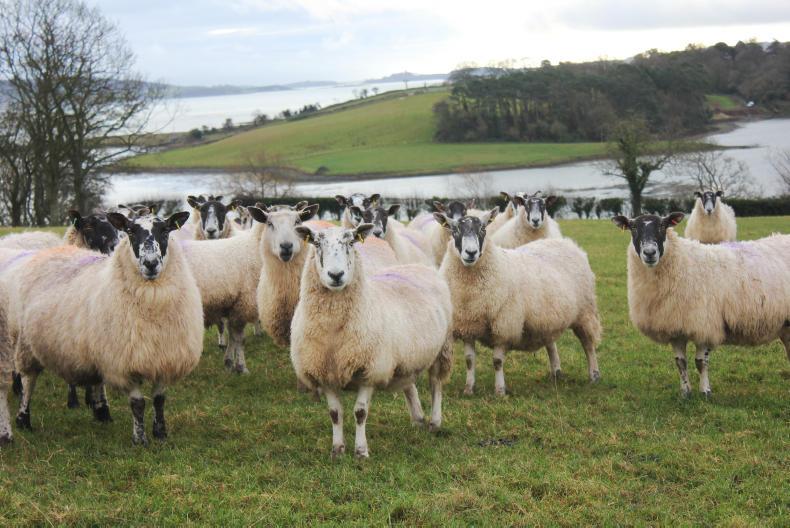
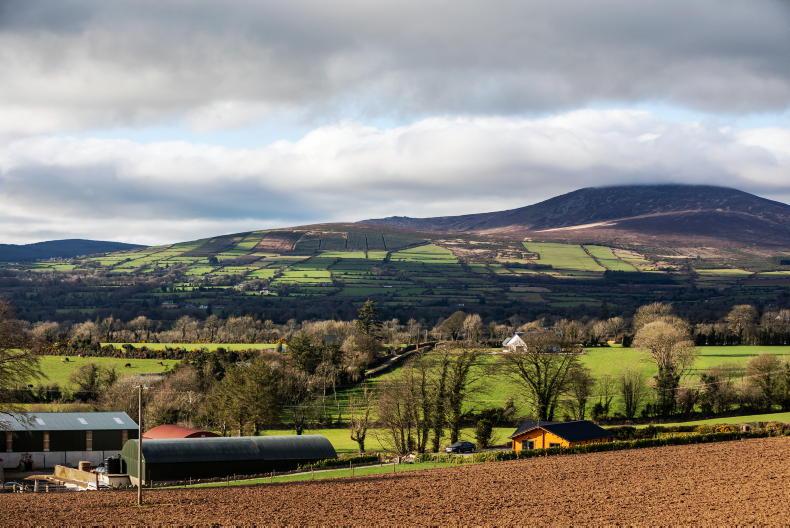

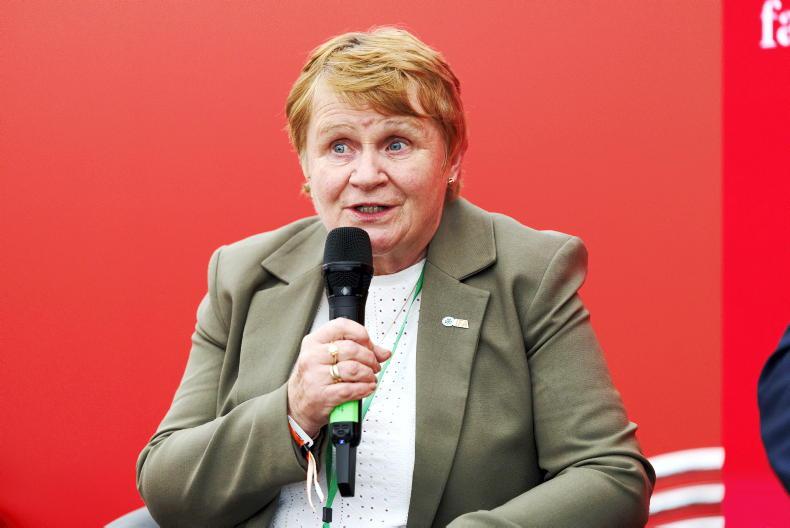
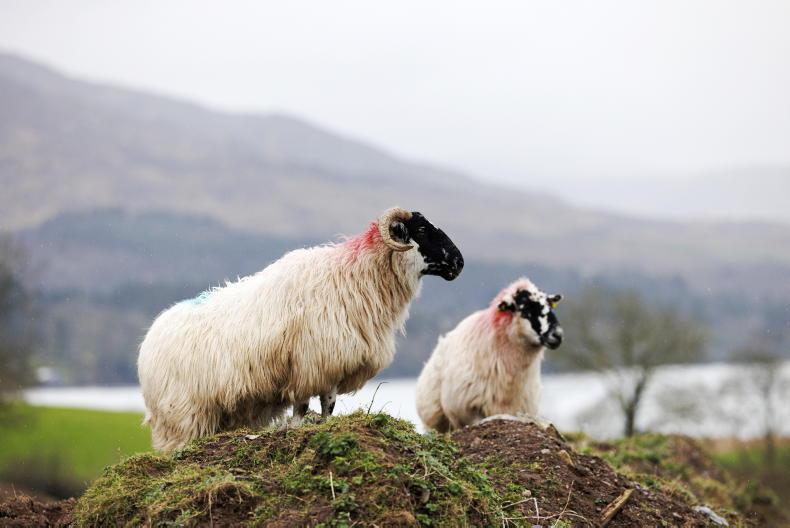
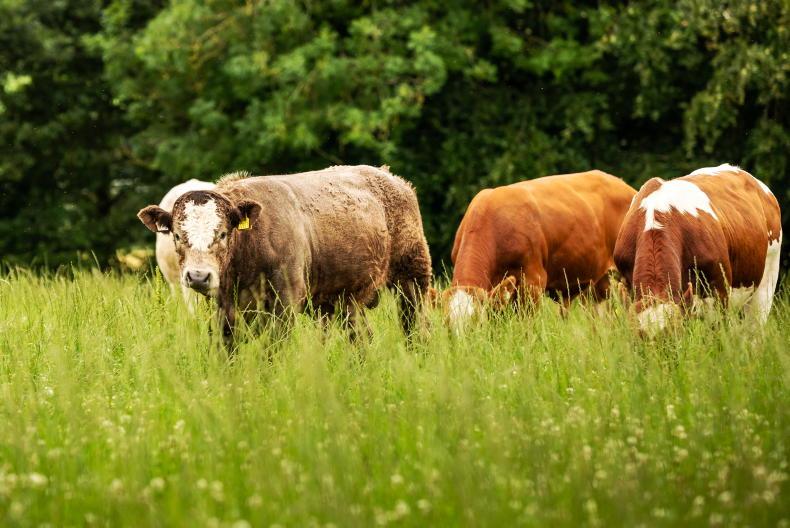
SHARING OPTIONS